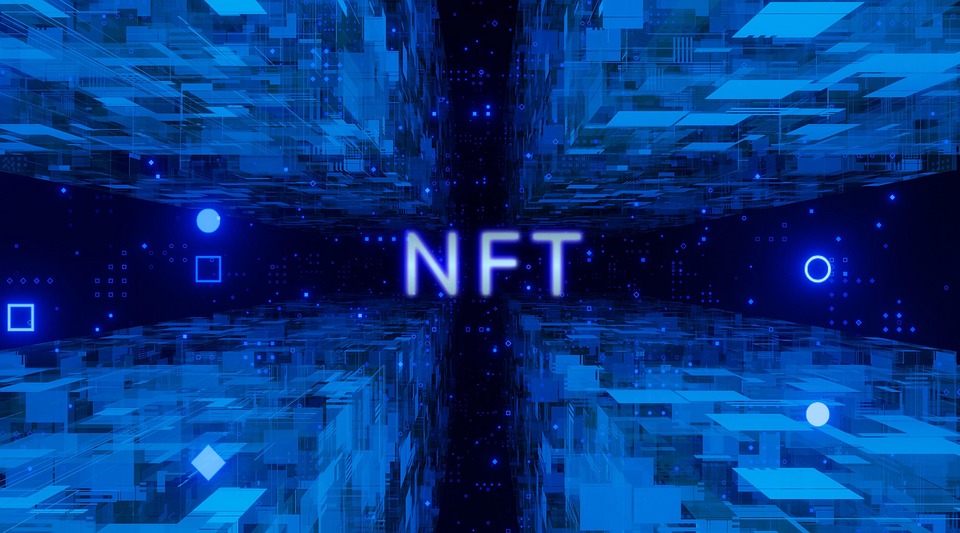[ad_1]
The world is on the verge of a technological revolution propelled by blockchain technology. While most of us are familiar with cryptocurrencies like Bitcoin and Ethereum, the potential of blockchain extends far beyond digital currencies. It promises a future characterized by decentralization, transparency, and enhanced security. This article explores the future of blockchain technology and its implications on various sectors, ranging from finance to healthcare.
What is Blockchain Technology?
Blockchain is essentially a distributed ledger technology that allows multiple parties to maintain a single, immutable record of data without needing a central authority. Each block in the blockchain contains a list of transactions, a timestamp, and a cryptographic hash of the previous block, which links them together. This unique structure ensures that once data is recorded, it cannot be altered without the consensus of the network.
Key Features of Blockchain
- Decentralization: No single entity controls the blockchain; it is maintained by a network of nodes.
- Transparency: All transactions are visible to anyone on the network, fostering trust among participants.
- Security: The cryptographic nature of blockchain makes it resistant to tampering and fraud.
- Immutability: Once data is added to the blockchain, it cannot be changed or deleted.
The Current Landscape of Blockchain Technology
Today, blockchain technology is in its early stages, yet various industries are beginning to recognize its potential. Financial institutions are exploring blockchain for faster transactions, reduced costs, and improved security. Meanwhile, supply chain management is leveraging blockchain to enhance traceability and reduce fraud.
Key Sectors Benefiting from Blockchain
- Finance: Blockchain can streamline cross-border payments and reduce transaction fees.
- Healthcare: Patient records can be securely stored and shared among healthcare providers.
- Real Estate: Blockchain can simplify property transactions, making them quicker and more transparent.
- Voting Systems: Digital voting can be more secure and transparent using blockchain technology.
The Future of Blockchain Technology
As we look to the future, several trends are shaping the development and adoption of blockchain technology.
1. Interoperability
The future of blockchain will likely see greater interoperability among different blockchain networks. Projects like Polkadot and Cosmos aim to enable different blockchains to communicate with each other, fostering a more interconnected ecosystem. This interoperability will pave the way for more advanced decentralized applications (dApps) that can leverage multiple blockchains.
2. Decentralized Finance (DeFi)
DeFi is revolutionizing the financial sector by enabling a range of financial services without intermediaries. From lending and borrowing to trading and insurance, DeFi platforms are gaining popularity. The future may see further innovations in this space, such as automated market makers (AMMs) and yield farming.
3. Non-Fungible Tokens (NFTs)
NFTs have garnered significant attention, especially in the art and entertainment industries. The future will likely witness enhanced use cases for NFTs, including digital identity verification and intellectual property rights management. As the technology matures, NFTs may become integral to various sectors beyond art.
4. Regulation and Compliance
As blockchain technology continues to evolve, regulatory frameworks will become more defined. Governments and regulatory bodies will seek to balance innovation with consumer protection, leading to clearer guidelines for blockchain projects. Compliance with these regulations will be crucial for the long-term success of blockchain applications.
5. Sustainability
Concerns regarding the environmental impact of blockchain, particularly energy-intensive proof-of-work systems, are leading to a push for more sustainable practices. Future developments may focus on energy-efficient consensus mechanisms like proof-of-stake and innovative solutions for carbon offsetting.
Conclusion
The future of blockchain technology is poised for transformative impact across numerous sectors. While challenges remain, the potential benefits of decentralization, transparency, and enhanced security can lead to significant advancements. As technology matures and regulatory landscapes evolve, we may see our decentralized dreams materialize into a reality that influences how we interact, transact, and build trust in the digital age.
FAQs
Q1: What is blockchain technology?
A1: Blockchain is a decentralized ledger technology that records transactions across multiple computers, ensuring the integrity and security of the data without a central authority.
Q2: How secure is blockchain?
A2: Blockchain is highly secure due to its cryptographic nature. Once a transaction is recorded, altering the data would require the consensus of the entire network, making it nearly impossible to tamper with.
Q3: What are smart contracts?
A3: Smart contracts are self-executing contracts with the terms of the agreement directly written into code. They automatically execute actions when predetermined conditions are met, eliminating the need for third parties.
Q4: What is the role of cryptocurrency in blockchain?
A4: Cryptocurrency is often the native digital currency of a blockchain network, enabling transactions and incentivizing participants to maintain the network through mining or staking.
Q5: How can I invest in blockchain technology?
A5: You can invest in blockchain technology by purchasing cryptocurrencies, investing in blockchain-focused companies, or participating in blockchain projects through fundraising campaigns.
[ad_2]
